Maradona's body 'must be conserved' for DNA test, judge rules
- Published
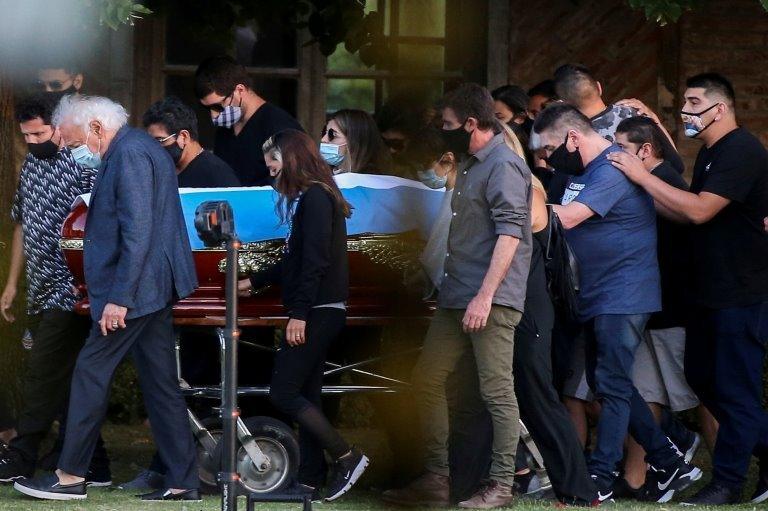
Maradona was buried in a private cemetery near Buenos Aires
The body of football legend Diego Maradona "must be conserved" pending a paternity case, an Argentine court has ruled, halting cremation plans.
Maradona died from a heart attack last month, aged 60.
Responding to a lawsuit filed by a woman who says Maradona could be her father, the court said a DNA sample of the footballer must be submitted.
He had two daughters from a marriage. After his divorce he recognised paternity of six more children.
The case was brought by a 25-year-old, Magalí Gil, who is not among them.
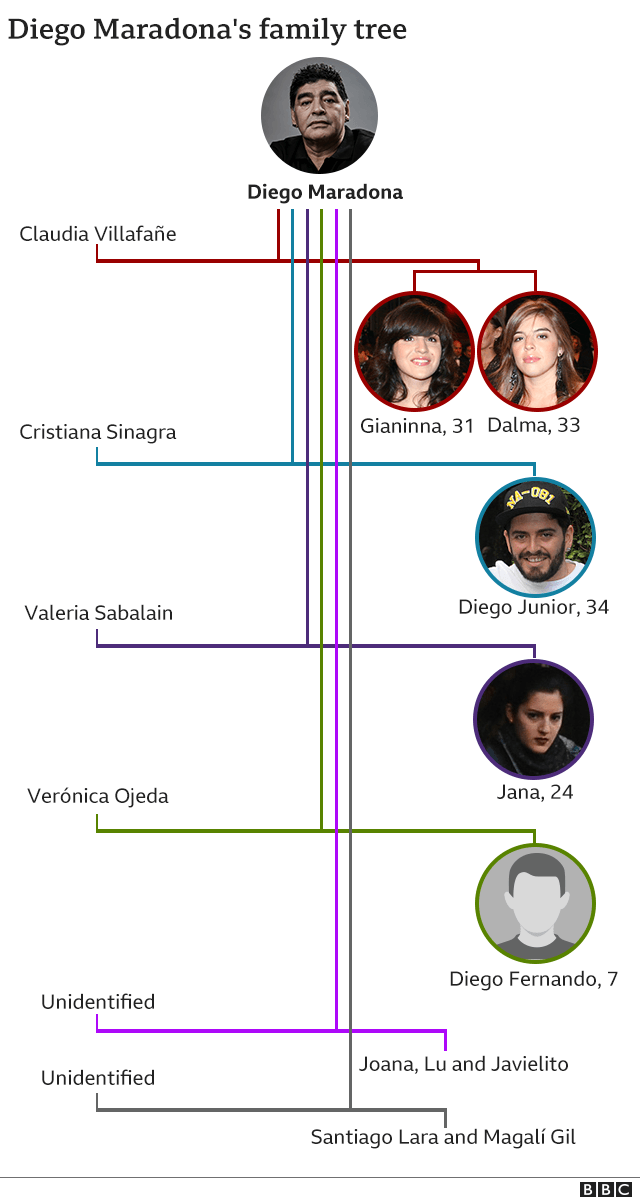

Ms Gil, who was adopted, says her birth mother contacted her two years ago to say that her father "may be Diego Maradona".
In a video posted on Instagram, Ms Gil said it was a "universal right" to know "if Diego Maradona is my biological father or not".
Allow Instagram content?
This article contains content provided by Instagram. We ask for your permission before anything is loaded, as they may be using cookies and other technologies. You may want to read Meta’s Instagram cookie policy, external and privacy policy, external before accepting. To view this content choose ‘accept and continue’.

After his death on 25 November, Maradona was buried in a private cemetery near Buenos Aires. A court ruled on 30 November at the time that his body not be cremated until all necessary forensic tests had been carried out.
Wednesday's ruling has extended that ban for the foreseeable future.
Reuters news agency says Maradona's lawyer told them them that DNA samples of the football great already exist. An exhumation of his body would therefore not appear necessary.
Maradona left behind a complicated financial legacy which is being fought over by his recognised children and those who are currently going through the courts seeking recognition.
His death caused huge shock not only in his native Argentina but around the world with hundreds of thousands of fans gathering to pay their tributes.
Huge crowds gathered at the Casa Rosada in the hope of seeing Diego Maradona's coffin
Related topics
- Published8 December 2020
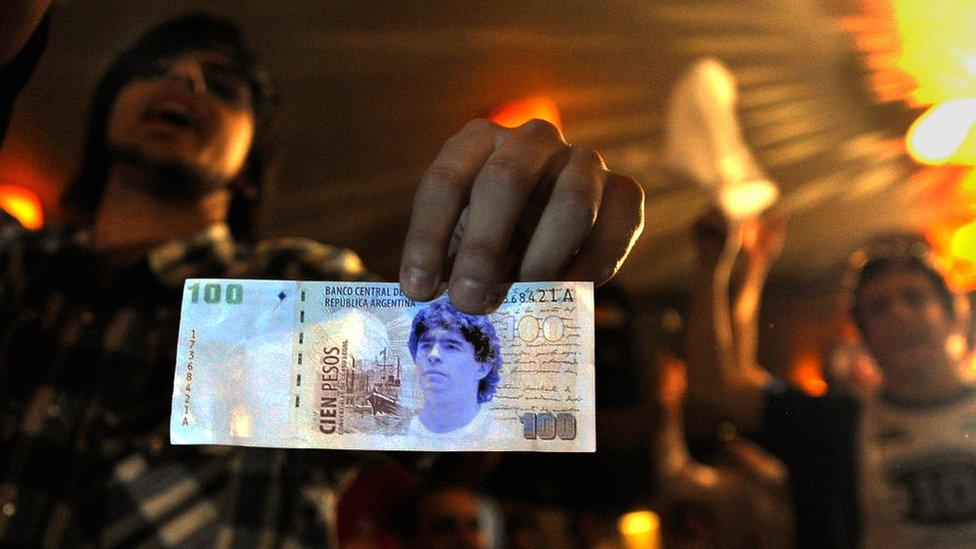
- Attribution
- Published4 December 2020
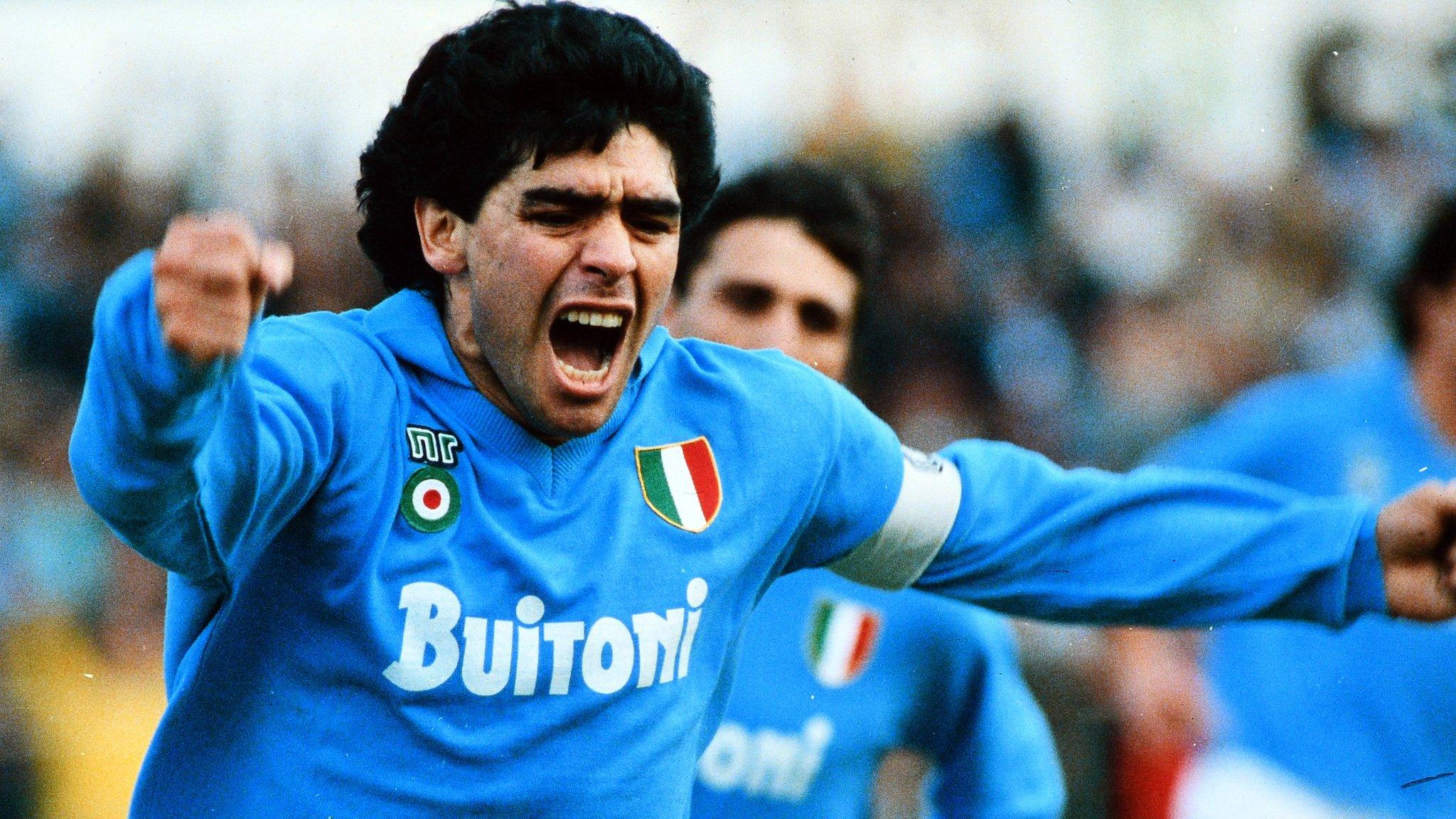
- Attribution
- Published29 November 2020
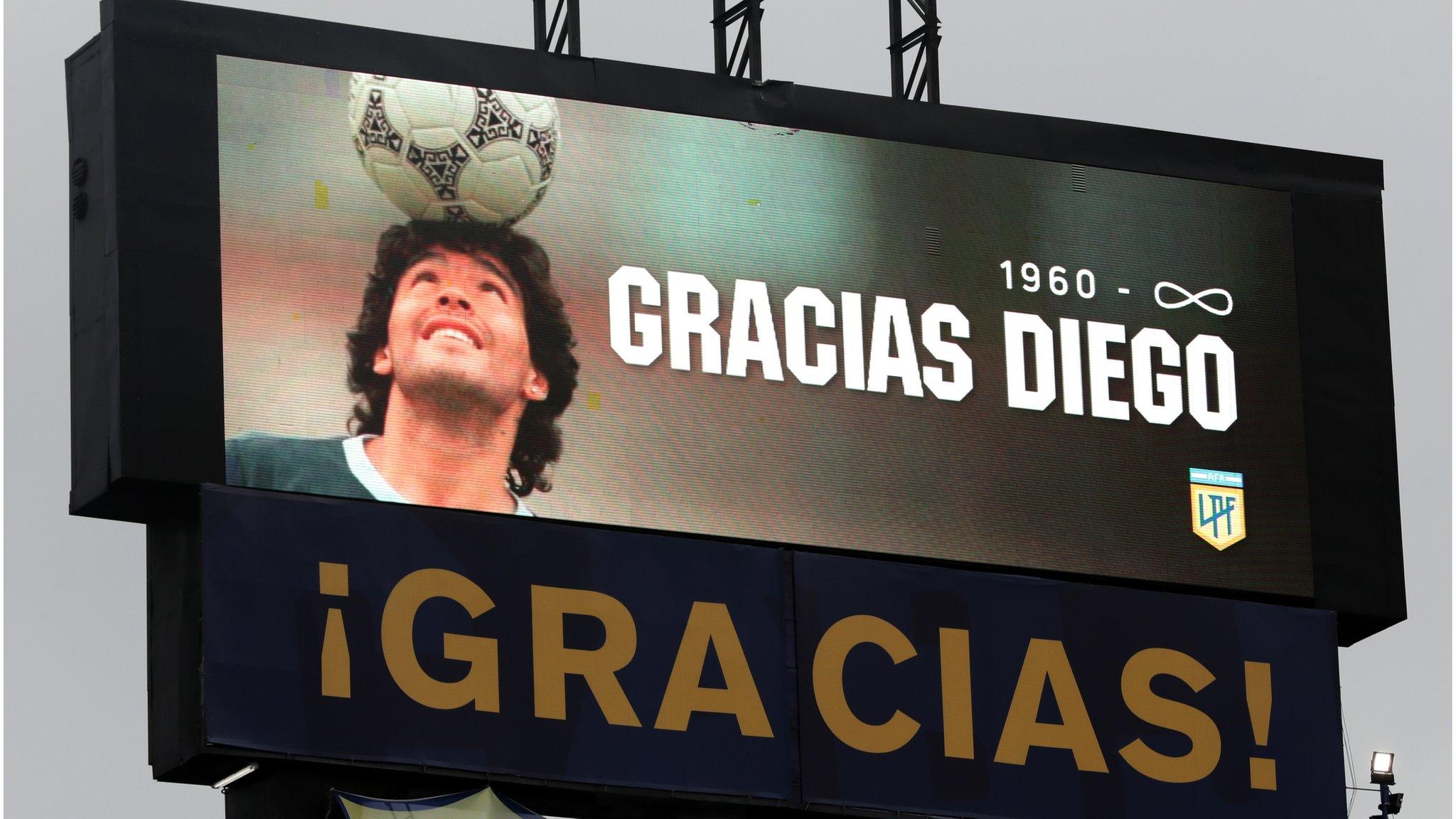
- Published29 November 2020
